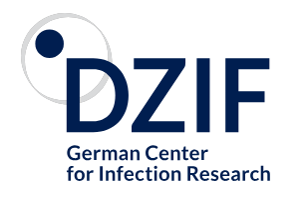TTU 03.811
"Development, evaluation and licensing of a novel highly sensitive malaria diagnostic assay"
Short Summary
Goal of the project is to develop microscopy and lateral flow based “rapid diagnostic tests” (RDTs) for the cheap and rapid diagnosis of malaria. RTDs are the primary methods of diagnosing malaria. However, these methods often fail to detect low-density parasitemia, which is common in semi-immune, symptom-free patients in malaria-endemic areas. The detection of parasitemias with very low parasite density is therefore a very important goal of malaria elimination strategies that aim to inhibit parasite transmission. Unfortunately, current ultrasensitive methods have a long turn-over time and require major investments in infrastructure and training. There is therefore a great need for new diagnostic methods that bridge the gap between the usability of RDTs and the sensitivity of PCR-based nucleic acid amplification tests (NAAT).This project aims to close this gap and develop assays that have a very low parasite detection limit (≤50 parasites/mL), can be used directly and easily in situ, are faster than thick blood smear microscopy and are affordable in resource-constrained environments. Our collaborators in Tübingen have developed a recombinase polymerase amplification strip (RPA) for the detection of P. falciparum that provides reliable results with minimally processed samples in less than 20 minutes without the use of complex equipment. We aim at complementing this approach by an artificial intelligence driven automated small microscope for direct detection and quantification of different malaria species in collaboration with a company, Intuity.
Highlights
- Establishment of an industry collaboration for AI-based diagnostic




